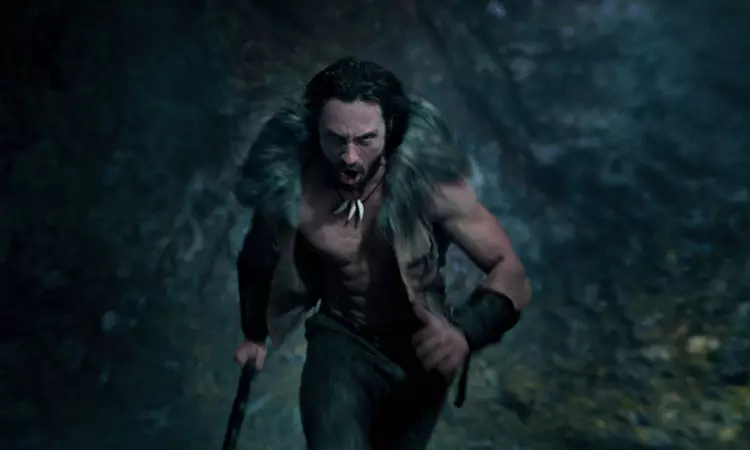Sony’s attempts to build a cinematic universe around its Spider-Man properties have been met with mixed results over the years. “Kraven the Hunter” follows in the footsteps of its predecessors, venturing into the history of one of Spider-Man’s most iconic adversaries. However, rather than offer viewers a fresh take on the character, it largely falls flat, reducing a multidimensional villain to a mere action hero stereotype. With “Kraven the Hunter”, the opportunity to explore deep themes about morality, humanity, and wilderness is lost to a focus on flashy action and surface-level character development.
In comic lore, Kraven—originating from the mind of Steve Ditko and Stan Lee—stands out as a character with complexities that resonate deeply within the context of the Spider-Man universe. The original “Kraven’s Last Hunt” storyline casts him in a reflective light, remembering the weight of his choices while pursuing his agenda against Spider-Man. However, the film departs significantly from this narrative depth. Instead, audience members are presented with a muscular protagonist who is more concerned with defeating villains like Rhino than engaging in moral introspection. The movie’s approach to Kraven as a blend of “Tarzan and the Punisher” strips away the multi-layered persona that fans have long appreciated.
“Kraven the Hunter” reportedly aims for a darker tone akin to “Logan” or “Deadpool” but misses the mark by not incorporating the levity or emotional gravity that has made those films resonate with audiences. While the film includes elements of violence and some adult themes, it fails to provide the humor necessary to balance the darker aspects. Russell Crowe’s role as the antagonist’s father could have introduced an emotional anchor or familial tension, yet it ultimately feels underdeveloped. A balance of humor and tragedy seems vital in connecting contemporary audiences with traditional comic book narratives, and this film overlooks that essential formula.
With every superhero film, there lies the potential for room to carve out original storytelling paths. Instead, “Kraven the Hunter” plods along a predictably linear narrative, relying on familiar tropes—such as the kidnapped half-brother—and failing to innovate. Although Kraven exhibits moments of physical prowess and caters to a specific action-focused demographic, the film largely ignores character development to make room for spectacle. This might entertain audiences seeking sheer adrenaline, but for dedicated fans yearning for compelling storytelling, it falls short.
As “Kraven the Hunter” enters the fray of superhero films, it exemplifies an ongoing struggle within Sony’s ambition to expand its Spider-Man universe. With its focus on action over deeper character exploration, the film risks losing dedicated fans who hoped for a nuanced portrayal of beloved characters. If Sony wishes to create a truly engaging narrative surrounding the Sinister Six and their world, it must turn its lens toward crafting stories that balance action with rich character arcs and thoughtful themes. For now, “Kraven the Hunter” stands as a missed opportunity that raises questions about the future direction of superhero storytelling within the franchise.

